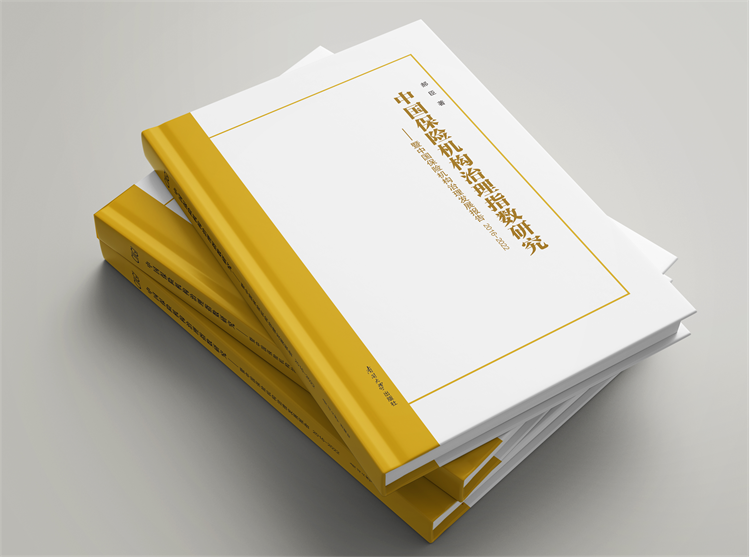NKU Expands Its Index Pool with the Innovative CIIGI Release
Recently, the China Insurance Institution Governance Index (CIIGI), alternatively, the Insurance Institution Governance Index of Nankai University (IIGINK), has been released by the China insurance institution governance evaluation research team, which is chaired by an associate professor at Nankai University. This index, built upon the evaluation indicator system and index model developed by the team, aims to provide a comprehensive, scientific, systematic, and quantitative display of the governance quality across China’s insurance sector. It is distinguished as the inaugural index in China to draw upon publicly available information.
With a legacy of index publication that began in 1928, Nankai University has since expanded its index pool to include more than 400 members, such as China Corporate Governance Index of Nankai University, China Green Governance Index of Listed Companies, Green Governance Index of Commercial Banks, Performance Index of Logistics Enterprises, Public Utility Service Quality Assessment Index, Corporate Entrepreneurship Activity Evaluation Index, Internet Health Insurance Protection Index, CCB-Nankai Systemic Risk Index, Liability Insurance Development Index, China Housing Consumption Development Index, Development Index of China Travel Service Industry, Data-enabled Government Governance Index, Nankai Index of Beijing-Tianjin-Hebei Synergistic Development, and so on.
The latest research, titled “Research on China Insurance Institution Governance Index and the China Insurance Institution Governance Development Report 2016-2022”, has been published by Nankai University Press. The report offers an in-depth analysis of the overall governance of insurance institutions from 2016 to 2022. It reveals that during this period, the average values of the China Insurance Institution Governance Index were 66.69, 67.32, 68.37, 70.38, 71.94, 73.16, and 73.79 in turn. This ascending trend underscores a cumulative enhancement of 7.10 points over the seven-year span, indicative of a significant and sustained improvement in governance capability across China’s insurance industry. However, challenges remain, such as relatively low levels of autonomous compliance, uneven development across the six major governance dimensions, and a significant disparity in governance capability.


The research team, leveraging their expertise from the “G Index”, is actively developing an ESG evaluation system for China insurance institutions. Their efforts are directed towards the strategic rollout of the Nankai Insurance Institution ESG Index in due course, signifying a purposeful expansion from governance-focused model to one that includes environmental, social and governance considerations.
(Edited and translated by Nankai News Team.)









